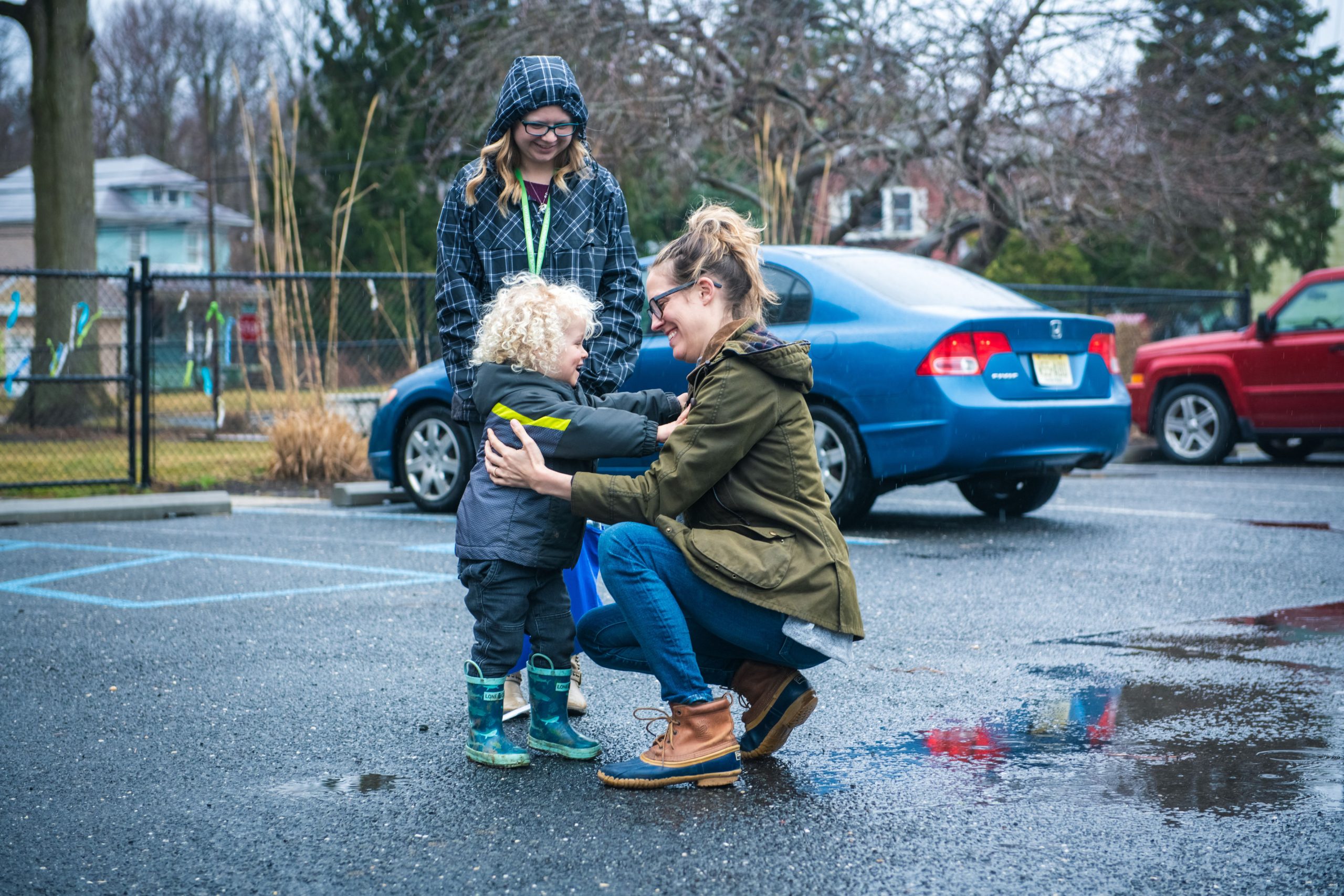By learning through multi-sensory exploration and direct instruction, with the support of mentors and teachers, each child increases their ability to master all subject matter and apply new knowledge to future challenges.

Personalized Guidance
Small class sizes allow teachers to provide personalized guidance that inspires students to learn more about what interests them and apply their knowledge to everyday problems.
Values
Curiosity and Creativity
We are committed to welcoming and inspiring our voyagers’ to explore and expand their horizons. We provide the template and tools, and the guidance and security that supports learning. Curiosity and creativity drive all learning. The teachers create opportunities for asking good questions that lead children to analyze, synthesize, and evaluate the world around them. Teachers expect learning will deepen and skills will grow stronger; they consider themselves co-learners and collaborators with children and their families through the journey of learning.
A Safe Place
Children thrive in social environments that create safe and healthy relationships and provide a strong sense of community. Participation in Morning Meeting; small group, classroom, and community jobs; Student Judiciary Hearings; and Community Service opportunities, children learn to contribute to the care of each other, the classroom, school, and citizens in our surrounding area.
In all of our classrooms, we provide a safe and nurturing environment where children make friends, build confidence, show compassion while expressing creativity.
Curriculum
Literacy
Voyagers’ elementary school curriculum is designed so all subjects are integrated. Science, for example, is connected to writing, and cooking is connected to math. Children continue to use a variety of symbolic languages to communicate their ideas and feelings as they construct meaning across all subjects. Qualified teachers ensure children are offered the broadest Kindergarten through 2nd-grade experiences in the following content areas:
Children at this age are developing and expanding their reading and writing skills. Fluency and comprehension are key focus areas as they move from learning to read, to reading to learn. As these children begin noticing that words are all around, they tackle more and more texts in and out of the classroom and work to become readers. This learning is enhanced as teachers read a variety of poems, stories, and non-fiction books aloud to children and children read with older students, who serve as reading partners. As they become increasingly confident, our K-2 students become reading mentors to our Pre-Kindergarten students.
As emerging writers, our K-2 children compose their first poems and short stories. They often journal, tell about experiences, and share information. As they move through the writing continuum, they go from “invented” spelling to proper grammar. Our young writers begin to master basic sentences and short narratives about an event and characters. They experiment with different voices, writing some stories from a personal viewpoint and others in the third person. The children more frequently use correct spelling, proper punctuation, and increasingly sophisticated vocabulary.
Mathematics
Counting and working with a larger set of numbers begins to become commonplace. Children use physical materials to solve simple addition and subtraction problems. They learn about time, using clocks and calendars. They realize exactly what a second or a month is and have a sense of time passing. These children are increasingly aware of money, and the meaning of numbers greater than those they can count.
Working with manipulatives, they start to solve simple addition and subtraction problems. They learn to count by 2s, 5s, and 10s, and work with 2 and 3-dimensional geometric shapes. They demonstrate their mathematical thinking across subject areas and when considering problems in their everyday lives.
Science
Children’s experiences in science challenge their abilities as creative problem solvers and critical thinkers. Topics might include plants and animals, weather and seasons, the Earth, including land, sea, or sky, and its natural resources. They begin to understand living things are made up of small parts and the human body is a series of complex systems.
Children are also invited to experiment with simple concepts in physics. Teachers facilitate simple to more complex science experiments to introduce children to the process of scientific inquiry. Students prove to be deeply curious, inquisitive and open to more complex ideas and systems.
Global Studies
This curriculum improves children’s awareness of the world through geographical, historical, cultural, and environmental studies. Kindergarten through 2nd-grade students are ready to expand their knowledge beyond their homes and classrooms. They study the neighborhood, community, county, state, country, continent, and world. They become increasingly aware of the impact people have on each other and on the natural world. They study social norms that help people get along with each other. They begin to form opinions on issues and grapple with the varying points of view held by others. They also notice the difference between events that happened in the past, present, and future and relate these to things with which they are familiar. Over time, given greater responsibility, the children resolve conflicts with their classmates and schoolmates. They have a deeper understanding of the importance of rules and their role in helping people get along as they serve as members of our Student Judiciary Committee.
Specialty And Classroom Teachers Also Offer:
- Art
- Computer Science
- Dramatic Play
- Music
- Physical Education
- Sign Language
- Technology
- Tinkering in our STEAM Lab
Together, individually and through cross-curricular experiences, children develop skills in problem-solving, and analytical and creative thinking.
Meet the Team
-

Ashley Shea
Teacher/Researcher - Preschool
View ProfileAshley’s love for teaching was sparked while working as a substitute teacher at a head start preschool program following her graduation from high school. She earned her Associate’s Degree in early childhood education…